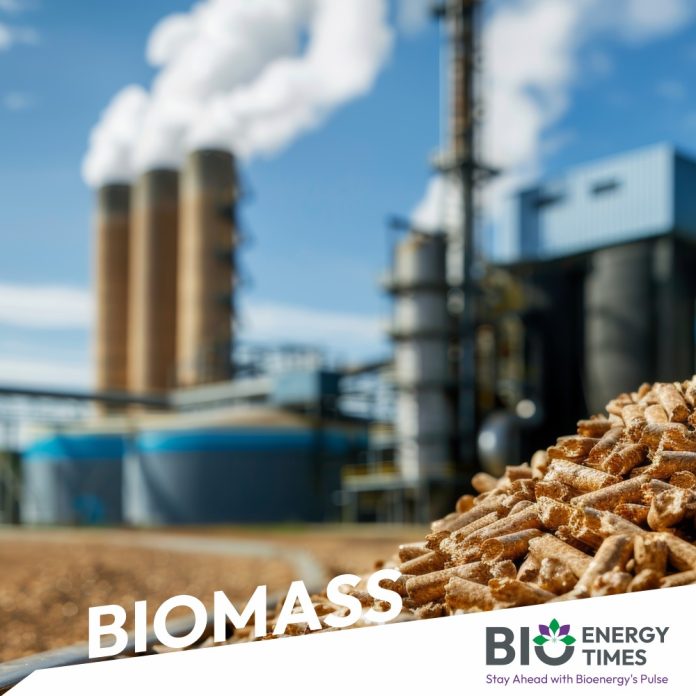Malaysian scientists are turning the nation’s agricultural and industrial waste into high-value raw materials, spearheading a green transformation in collaboration with Chinese experts and funding. The innovations—ranging from aerospace-grade nanomaterials to bio-based polyester—highlight the potential of sustainable technologies to reshape key industries while promoting eco-friendly practices, reports Bastille Post Global.
At the Malaysian campus of China’s Xiamen University, located in Kuala Lumpur, researchers are pioneering cutting-edge uses for waste biomass generated by two of Malaysia’s most iconic crops: durian and palm oil. The initiative is a key component of the Malaysia-China comprehensive strategic partnership, designed to deepen scientific and academic collaboration.
In one standout project, discarded durian husks—often treated as waste—are being transformed into a material stronger than steel. By grinding the husks into a fine powder and processing it through multiple stages, the research team produces an ultra-light nanocellulose with exceptional strength and sustainability.
“This nano material is not only sustainable, but it’s significantly stronger than many conventional materials in the market,” said Dr. Tan Khang Wei, Associate Professor at Xiamen University Malaysia. “It’s also much lighter—even lighter than aluminum composites, by half.”
Potential applications for this nanomaterial span aerospace, automotive, and robotics, promising new pathways for lightweight, high-performance components. The project is supported by Chinese investment, with a Chinese company set to commercialize the product.
“They see that maybe they can do something greener and more sustainable using Malaysia’s biomass resources,” Dr. Tan added.
Meanwhile, a second team is focusing on upcycling palm oil biodiesel byproducts. In partnership with colleagues from Xiamen University’s main campus in China, researchers are converting crude glycerol—a common waste product—into 1,3-propanediol through microbial fermentation. This high-value compound is a precursor for polyester resin, which is used in fabrics, carpets, and other consumer goods.
“This bio-based process is a much greener alternative to traditional chemical methods,” said Dr. Tan Jian Ping, Assistant Professor at Xiamen University Malaysia.
These innovations are aligned with Malaysia’s broader push toward a sustainable green economy, utilizing local resources and advanced research to reduce environmental impact and create economic opportunities. By combining local biomass with Chinese technological and financial backing, Malaysia is positioning itself as a hub for next-generation green materials in Asia.
These initiatives not only advance Malaysia’s scientific capabilities but also serve as tangible examples of international cooperation driving sustainable development.
For detailed information and further insights, please refer to BioEnergyTimes.com, which provides the latest news about the Biomass Industry















